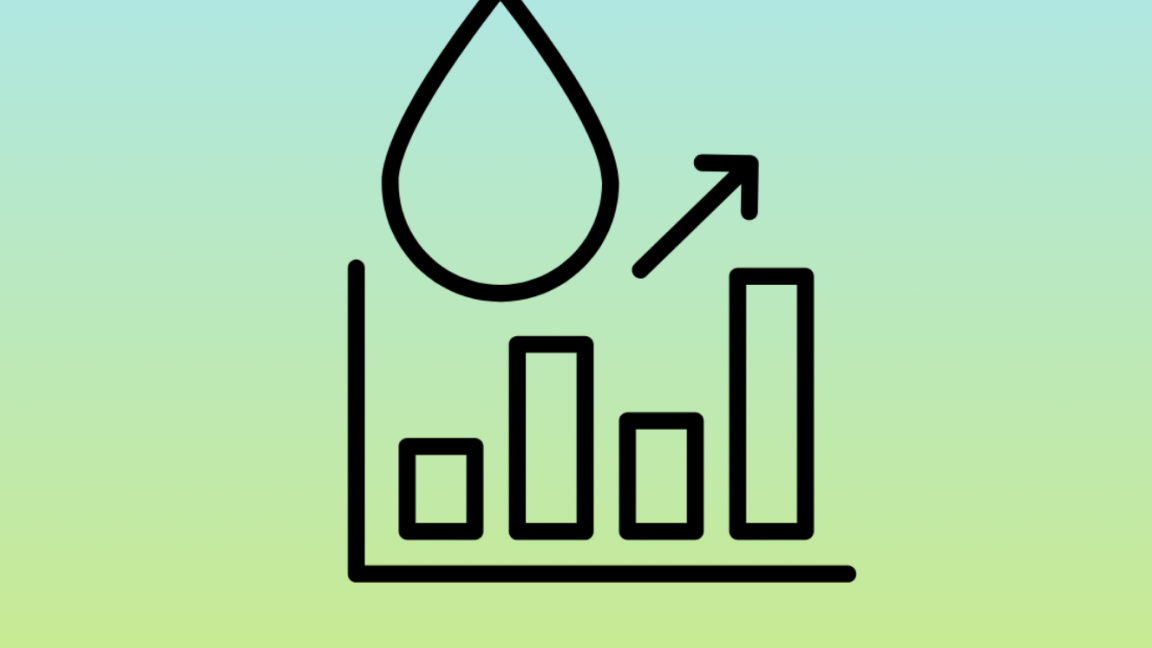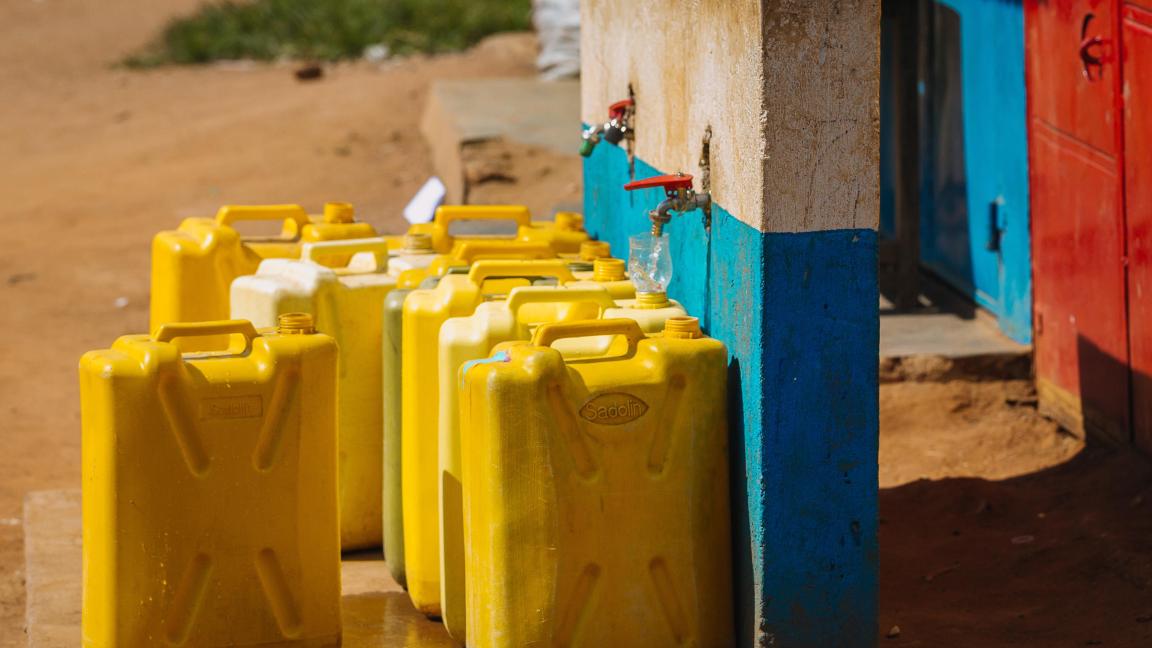Good water governance takes strong partners
Water distribution is not merely a technical matter; It also carries significant political, legal and social implications. In our countries of assignment, we work with decision-makers, institutions and interest groups to create the conditions needed for fair and sustainable water use. We offer advice on legislation, financing and regulation – placing particular value on transparency, participation and clearly defined responsibilities.
Our support ranges from monitoring instruments to organisational development and strengthening of local structures. In our work, we ensure that all voices are heard, including those of users, municipalities and disadvantaged groups. Cross-cutting issues such as digitalisation, gender equality and climate financing are also integral components.
After all, only by working together can we succeed in safeguarding water as a public good and manage it responsibly as the foundation of our livelihoods.

